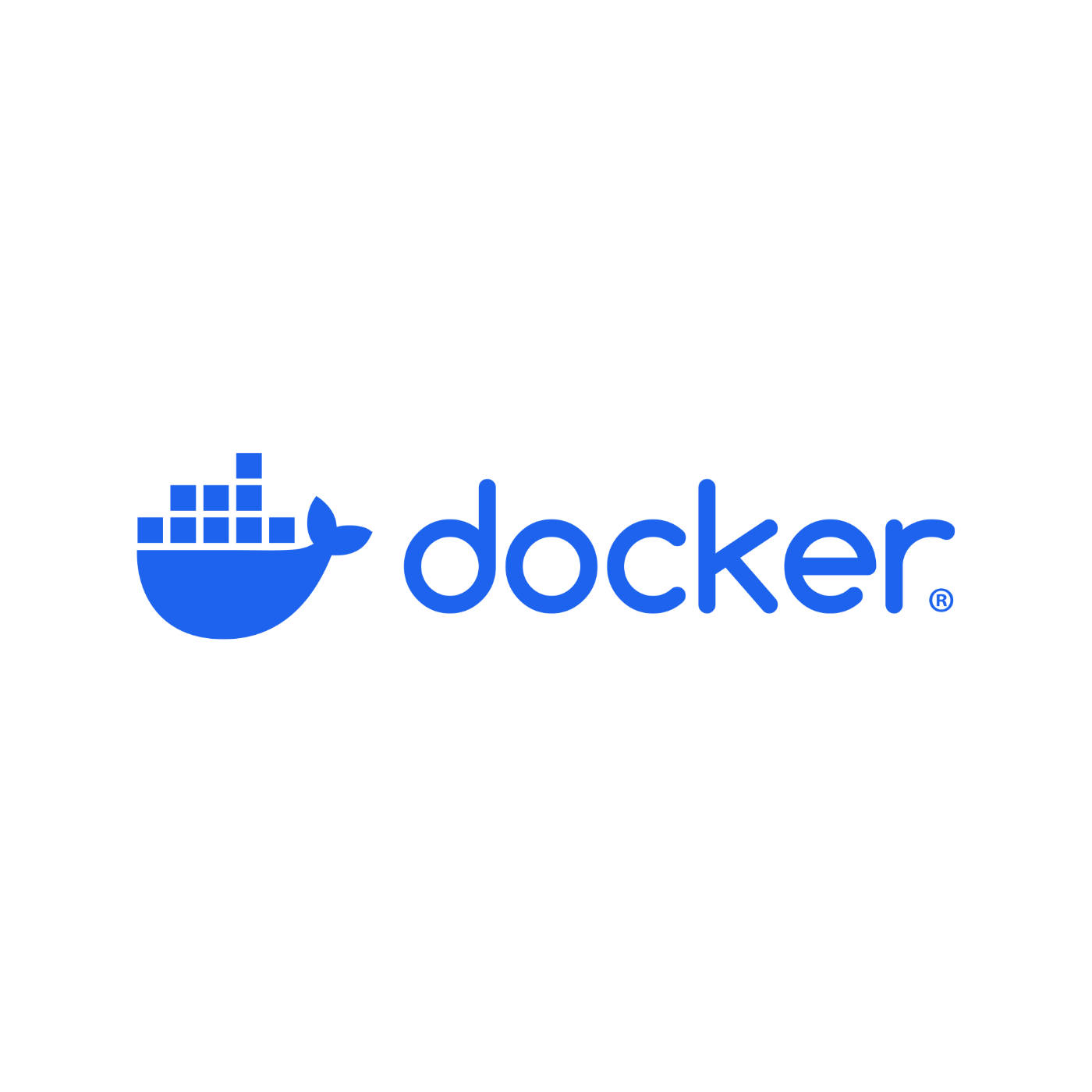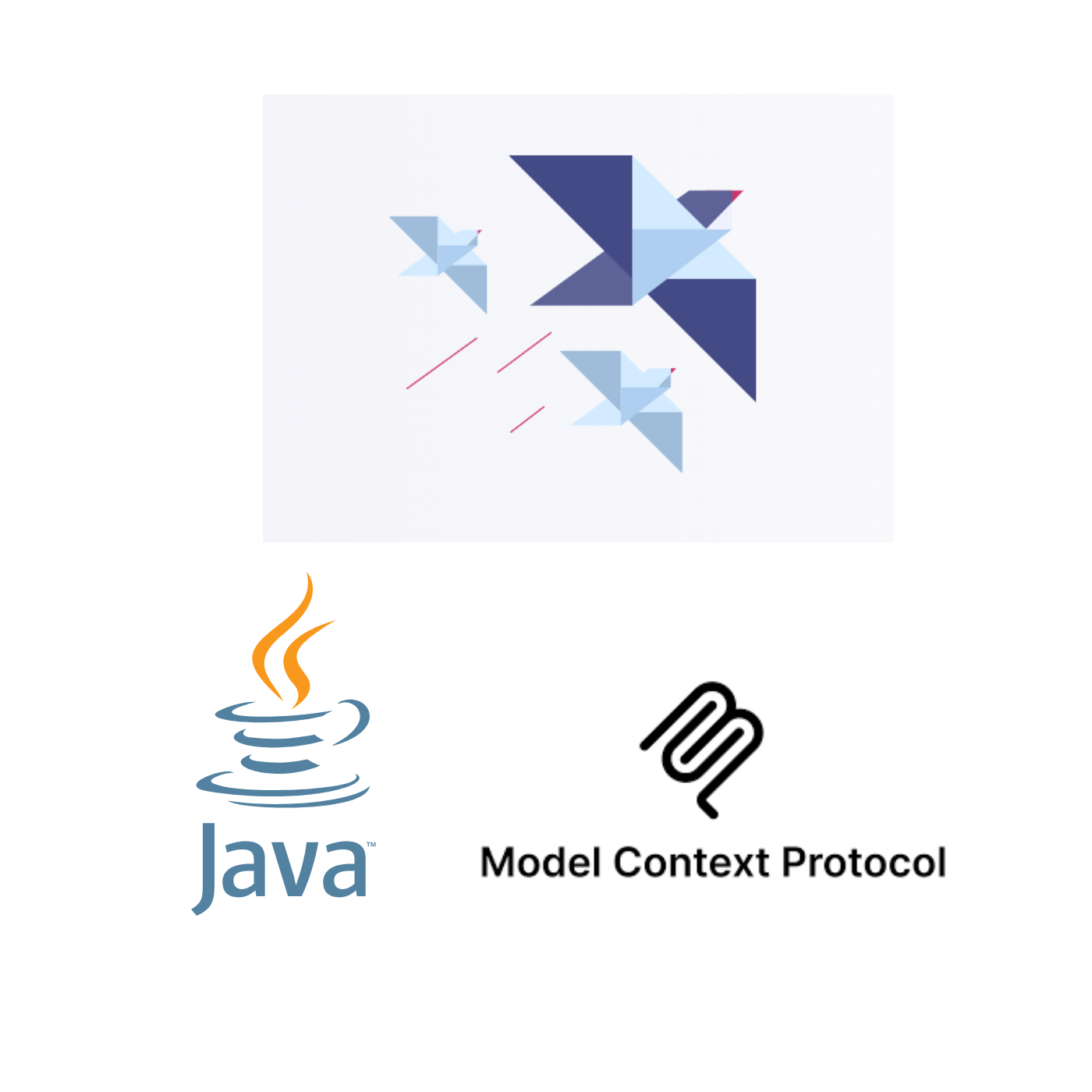🧩 Running the Helidon MCP Server in Docker: A Minimal Java Implementation for the Model Context Protocol
TL;DR:
Helidon 4.3 now supports the Model Context Protocol (MCP) — a new way to connect applications, tools, and LLMs through a unified, event-driven interface.
In this post, we’ll containerize a plain Helidon MCP Server, run it locally using Docker, and make it discoverable in the Docker MCP Hub.
🧠 What Is the Model Context Protocol (MCP)?
The Model Context Protocol (MCP) defines how large language models (LLMs), agents, and applications exchange structured data and “context.”
It allows tools to:
- Describe capabilities (called tools or resources),
- Send and receive streamed events, and
- Maintain stateful reasoning contexts between human and machine.
Think of MCP as an HTTP-based protocol that standardizes how AI systems talk to APIs, databases, and user-facing services.
☕ Why Helidon?
Helidon is Oracle’s lightweight, modern Java framework for building microservices.
With version 4.3, it introduced support for MCP annotations, making it easy to turn any Helidon service into a Model Context Protocol endpoint.
@Mcp.Server
@Path("/mcp/helidon")
public class McpServer {
@Mcp.Tool(name = "hello.world")
public String hello(@Mcp.Argument("name") String name) {
return "Hello, " + name + " from Helidon MCP!";
}
}
That’s all it takes to define a compliant MCP server — no extra plumbing.
🐳 Step 1: Dockerize the Helidon MCP Server
Let’s containerize this minimal MCP server so it can run anywhere (including the Docker MCP Toolkit).
Dockerfile:
FROM eclipse-temurin:21-jre-alpine
WORKDIR /app
COPY target/helidon-mcp-server.jar /app/app.jar
EXPOSE 8080
ENV MCP_PATH=/mcp/helidon
CMD ["java", "-jar", "/app/app.jar"]
Build and run:
docker build -t helidon-mcp-server:latest .
docker run --rm -p 8080:8080 helidon-mcp-server:latest
You now have a running MCP server listening on:
http://localhost:8080/mcp/helidon
⚙️ Step 2: Verify with Docker MCP Toolkit
The Docker MCP Toolkit allows you to plug your MCP server into any LLM runtime (like ChatGPT or Claude Desktop).
task build -- --tools helidon-mcp-server
task catalog -- helidon-mcp-server
docker mcp catalog import catalogs/helidon-mcp-server/catalog.yaml
Then open Docker Desktop → MCP Toolkit, enable Helidon MCP Server, and you’ll see hello.world listed as a callable tool.
Test it directly from the Toolkit UI or via an MCP client.
🔧 Step 3: Add Metadata for the MCP Hub
To publish the container in the Docker MCP Registry, add a simple metadata file:
server.yaml
name: helidon-mcp-server
type: local
meta:
category: productivity
tags: [java, helidon, microservice, mcp]
about:
title: Helidon MCP Server (Dockerized)
description: Minimal Helidon 4.3 MCP server container for the Docker MCP Hub.
icon: https://helidon.io/img/helidon-logo.svg
source:
project: https://github.com/helidon-io/helidon
transport:
type: streamable-http
This tells Docker Desktop how to display and launch your server.
🧰 Step 4: (Optional) Predefine Your Tools
If your MCP server can’t list tools automatically at startup, include a small tools.json file:
[
{
"name": "hello.world",
"description": "Example MCP tool returning a greeting.",
"arguments": [
{ "name": "name", "type": "string", "desc": "Name to greet" }
]
}
]
This ensures the registry’s CI passes even when secrets or configs aren’t available yet.
🧭 Folder Structure
servers/helidon-mcp-server/
├── Dockerfile
├── server.yaml
├── tools.json
└── README.md
🧩 End Result
Once published, your entry appears in the Docker MCP Hub, where developers can enable it in the MCP Toolkit and start using your Helidon service directly — without writing adapters or SDKs.
It becomes part of a growing ecosystem of AI-ready microservices that follow the same open protocol.
💡 Why It Matters
By running the Helidon MCP Server in Docker, you:
- Provide a reusable Java MCP baseline for other frameworks.
- Enable instant interoperability with LLMs and agents.
- Contribute to the open-source MCP ecosystem.
For Java developers, this is the easiest way to experiment with LLM integrations using familiar Helidon APIs and standard Docker workflows.
📚 Resources
- Helidon MCP Documentation
- Model Context Protocol Specification
- Docker MCP Registry
- Docker Desktop MCP Toolkit
🧩 Helidon + MCP + Docker = a clean, composable future for AI-ready microservices.


